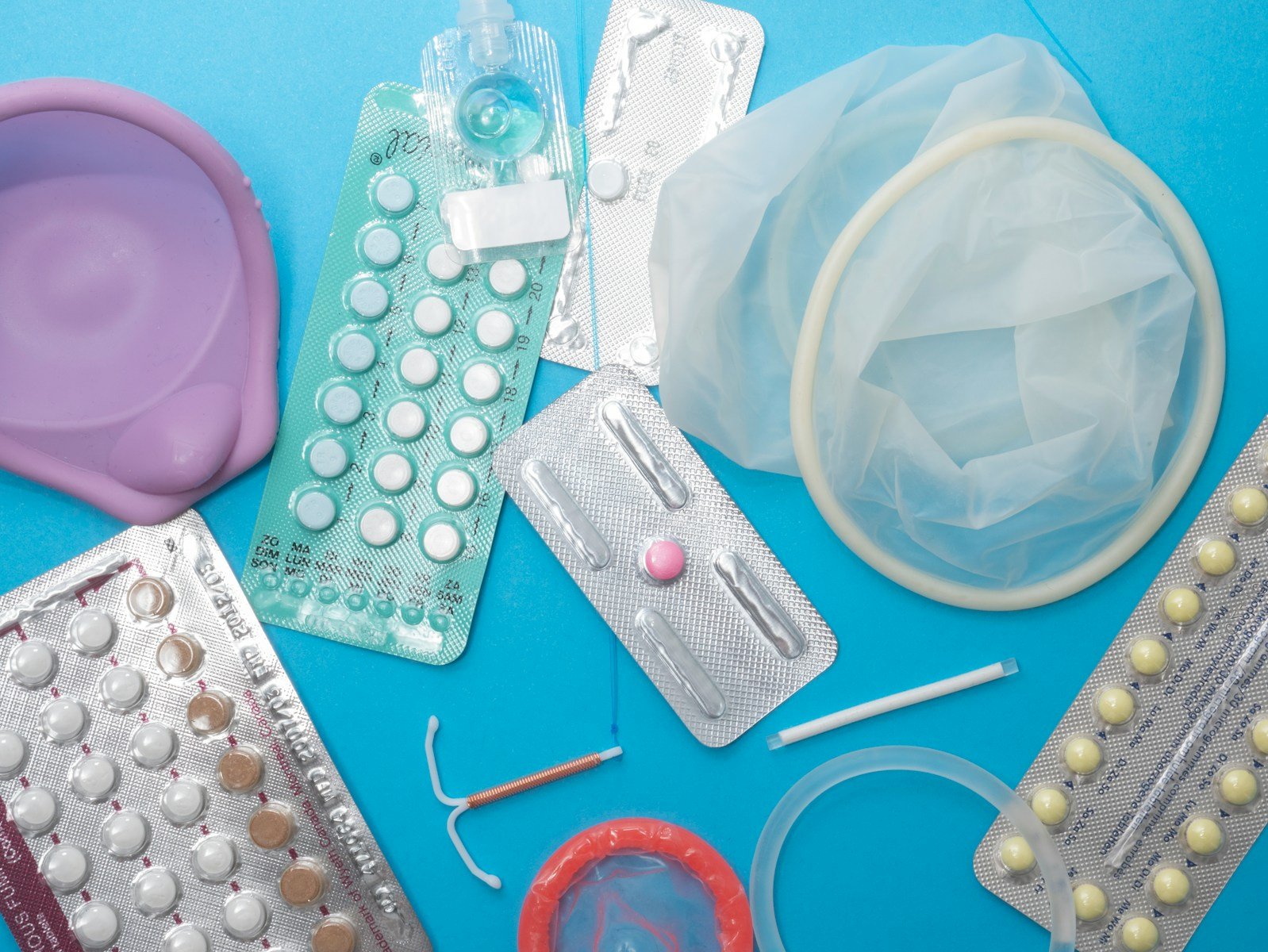Key Takeaways
• Senators want the FDA to alert hospitals when unsafe factories send products.
• A probe found the FDA let troubled overseas plants ship critical medications.
• Lawmakers push for more testing instead of trusting foreign makers alone.
• They aim to boost U.S. manufacturing and require clear labels.
• The Pentagon could help buy more American-made drugs.
Tighter Oversight for Generic Drugs
Senators on the Special Committee on Aging have unveiled bold plans. They propose sharper rules for generic drugs. They say these medicines keep costs low, but can pose risks. Moreover, they want the FDA to warn hospitals if factories have safety issues. This move could reshape how generic drugs reach patients.
Senators Blame FDA for Lax Generic Drugs Control
ProPublica’s investigation, published last year, revealed gaps in oversight. Since 2013, the FDA quietly let more than 20 banned factories keep shipping drugs here. Many were in India, with key ingredients made in China. However, the agency did not track if these imports harmed patients. Senators Rick Scott and Kirsten Gillibrand called this a failure to protect public health.
They noted the FDA never told Congress about these exemptions. Instead, the agency claimed it needed to prevent drug shortages. They required extra testing by third parties, they said. Still, lawmakers argued this approach lacks transparency. For example, no alerts went out to hospitals or pharmacies. As a result, buyers stayed in the dark about potential risks.
Plans to Boost Domestic Supply of Generic Drugs
To reduce reliance on foreign factories, senators aim to expand U.S. manufacturing. They cited a recent study showing higher adverse events from drugs made in India. The research linked these imports to more hospital visits and deaths. Senator Scott warned that offshoring for cost cuts left the system fragile.
In addition, lawmakers suggest the Department of Defense could create a federal buyer’s market. The idea is to prioritize drugs made in the U.S. with American ingredients. The federal government, including the Veterans Affairs, is the nation’s largest drug purchaser. If agencies align their buying power, they could spur domestic production. Retired Army Colonel Vic Suarez said this unified strategy could have an “exponential impact.”
How Transparency Could Improve Generic Drugs Safety
The senators also call for clear labels on drug packaging. They want makers to list where pills and their ingredients come from. This would let patients and doctors make informed choices. Moreover, it could pressure foreign plants to meet higher standards. In turn, this should lead to fewer recalls and safer medicine.
They plan to demand quarterly reports from the FDA on all exemptions granted. This would force the agency to share details with Congress and the public. Furthermore, they urge more frequent on-site inspections of overseas facilities. These steps would hold drugmakers accountable and rebuild trust in generic drugs.
What Comes Next for Generic Drugs Oversight
Last month, the Senate committee held a hearing to press the FDA for answers. Scott and Gillibrand then sent a letter to Health and Human Services Secretary Robert F. Kennedy Jr. They asked for a full briefing on the drug supply chain. They worry that hidden exemptions could threaten patient safety and cause shortages.
Meanwhile, the FDA defends its actions as necessary to keep medicines available. The agency argues it balances safety with access. Yet lawmakers insist the public deserves to know the full story. They believe fresh rules will push the FDA to act faster on quality lapses.
If Congress adopts these proposals, drugmakers may face tougher rules next year. The government could require more lab tests and surprise audits abroad. It might also offer incentives for U.S. plants to expand rather than cut corners. Over time, these steps could reshape the drug market and improve reliability.
Conclusion
In the richest country in the world, people should not worry about drug safety. Senators aim to close loopholes that let risky factories ship critical medicines. By boosting domestic production, improving tests, and forcing transparency, they hope to protect American health. These measures could mark a new era in how generic drugs are made and monitored.
Frequently Asked Questions
Why are senators pushing for tougher generic drugs oversight?
They worry that foreign factories with safety issues keep sending medicines here without public notice.
How could these changes affect drug prices?
Boosting U.S. production may raise costs at first, but it could stabilize supplies and prevent costly recalls.
What role could the Department of Defense play?
The Pentagon could lead a federal buying program that favors American-made drugs, spurring domestic factories.
When might these new rules take effect?
If lawmakers approve them, some transparency and testing measures could launch next year, with full shifts over a decade.
